|
|
|
Editor's note
|
|
Kia ora koutou - and welcome to your newsletter at what may be the halfway point of New Zealand’s lockdown.
Faced with the COVID-19 pandemic, world leaders are having to make decisions that affect the livelihoods of hundreds of thousands of people and trigger huge economic disruption. As Massey University lecturer Suze Wilson writes, success or failure hinges on getting most people to follow, even when a leader demands unprecedented changes to their daily lives. She argues that Prime Minister Jacinda Ardern is giving most Western politicians a masterclass in crisis leadership.
Governments across the world have rolled out extensive financial packages to support individuals, businesses and large corporations affected by the pandemic. Based on research on economic recovery following natural hazards and disasters, Ilan Noy, at Victoria University of Wellington, proposes that we should assess stimulus packages on three points: whether they help people to meet their needs, allow the economy to spring back after the crisis, and create positive change through rebuilding previously neglected sectors.
And in developments that have shocked supporters of church abuse victims, Cardinal George Pell will be freed from jail after Australia’s highest court quashed his convictions for child sexual abuse. Ben Matthews and Mark Thomas, law experts at Queensland University of Technology, explain how the court could overturn the unanimous jury verdicts of guilty, supported by a Court of Appeal majority of two judges.
Stay well, stay home and take care as lockdown conditions continue for at least another two weeks. He mihi nui ki a koutou katoa.
|
Veronika Meduna
New Zealand Editor
|

|
|
Top stories
|
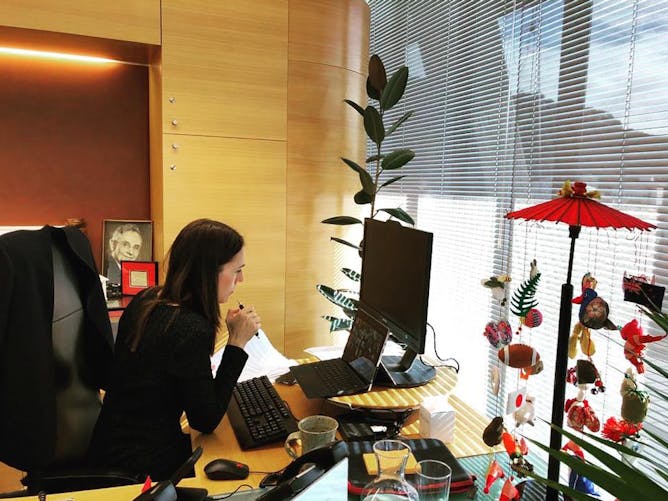
Jacinda Ardern/Facebook
Suze Wilson, Massey University
As someone who researches and teaches leadership, I’d argue New Zealand Prime Minister Jacinda Ardern is giving most Western politicians a masterclass in crisis leadership.
|
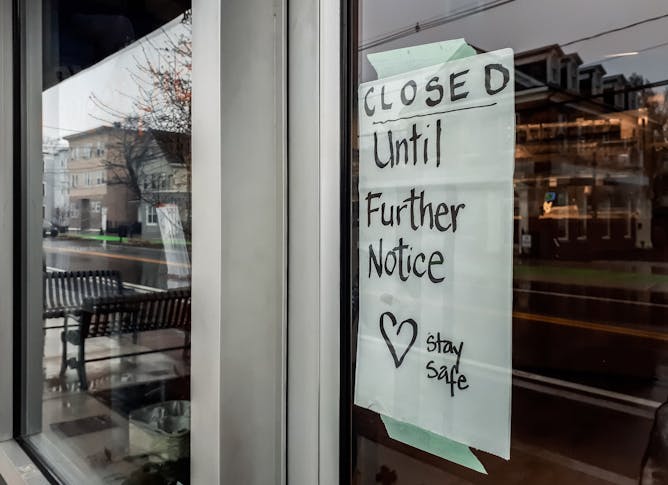
Shutterstock
Ilan Noy, Te Herenga Waka — Victoria University of Wellington
Many countries are spending record amounts to support people and businesses affected by COVID-19, but we need to scrutinise fiscal support because it's money we're borrowing from future generations.
|

Erik Anderson/AAP
Ben Mathews, Queensland University of Technology; Mark Nicholas Bernard Thomas, Queensland University of Technology
This High Court appeal did not ask whether Pell committed the offences. It asked whether the two majority judges in the Victorian Court of Appeal, in dismissing Pell’s earlier appeal, made an error.
|
From The Conversation's international editions
|
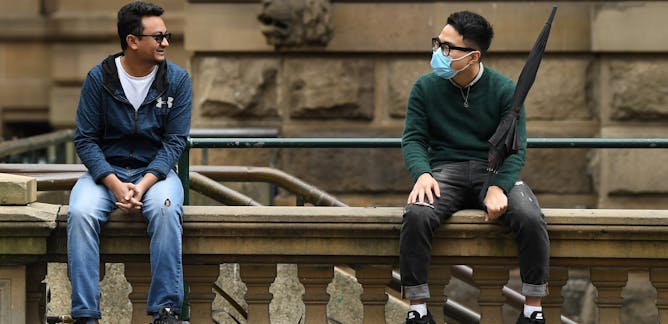
Alexander Saeri, Monash University; Emily Grundy, Deakin University; Liam Smith, Monash University; Michael Noetel, Australian Catholic University; Peter Slattery, Monash University
A new survey shows younger Australians are more worried than older people about the repercussions of the COVID-19 pandemic, and most people are following the social distancing rules and staying home.
| |
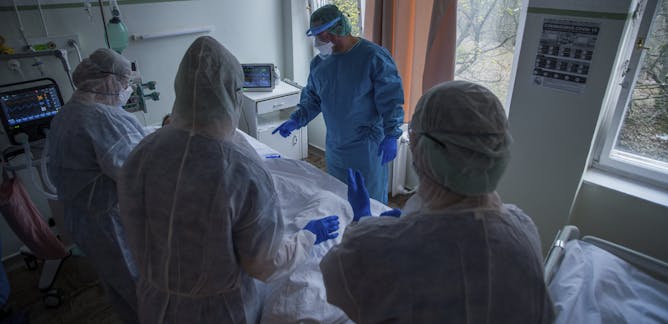
Neil Shortland, University of Massachusetts Lowell
Doctors are being forced to make difficult choices regarding who gets ventilators in this pandemic. An expert argues why this has parallels with choices soldiers have to make during wartime.
|
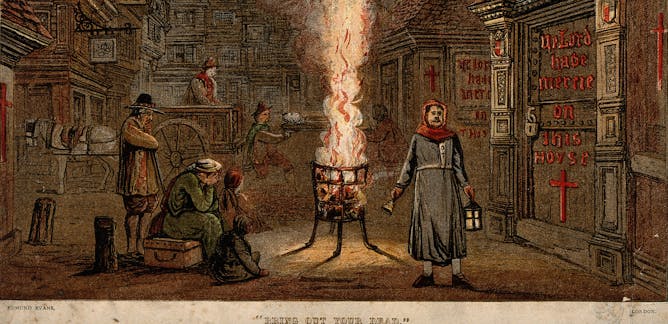
David Roberts, Birmingham City University
Written 60 years after the bubonic plague swept London, Defoe's account may have been a hoax, but it still rings true today.
| |
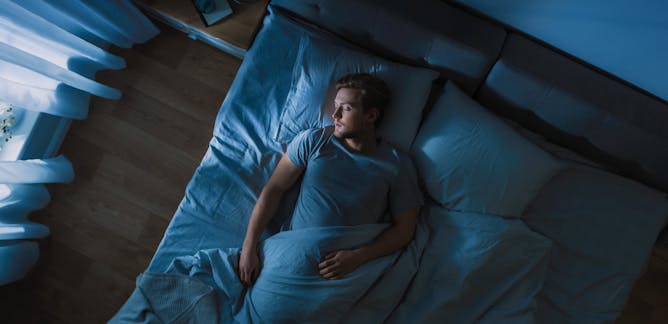
Sarita Robinson, University of Central Lancashire; John Leach, University of Portsmouth
It takes a period of mental adjustment to get over such big changes but optimism and structure could help.
|
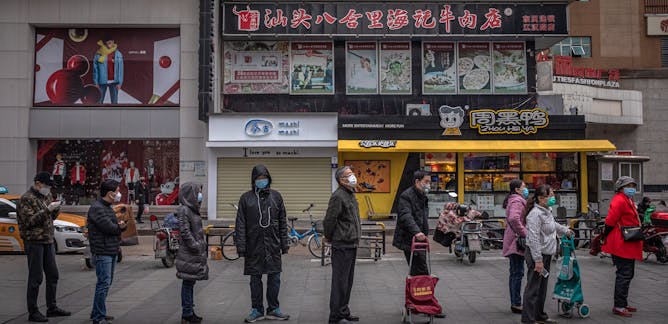
Rusli Abdulah, Institute for Development of Economics and Finance (INDEF) ; Muhammad Zulfikar Rakhmat, Universitas Islam Indonesia (UII)
To recover its economy, China must also see the economy of its export destination countries improve.
| |
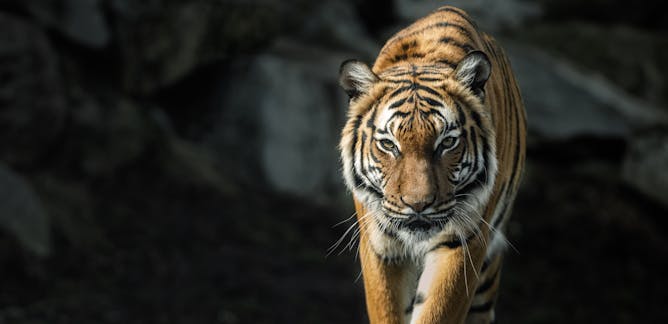
Steve Wylie, Murdoch University
A four-year-old female Malayan tiger has tested positive for COVID-19, with six other tigers and lions showing symptoms. It's the first known case of a 'wild' animal catching the disease.
|
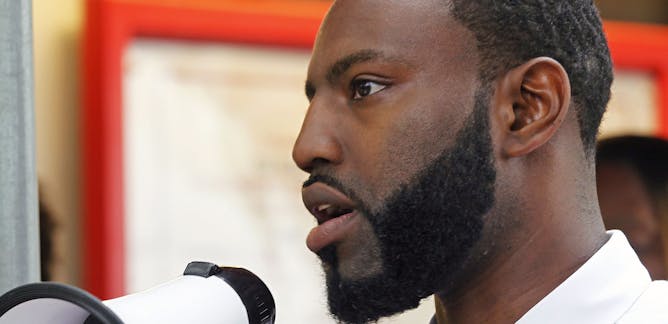
Roberta K. Timothy, University of Toronto
How does racism impact the health of racialized communities when it comes to COVID-19? Will these social factors play an implicit role in health-care workers’ decisions?
| |
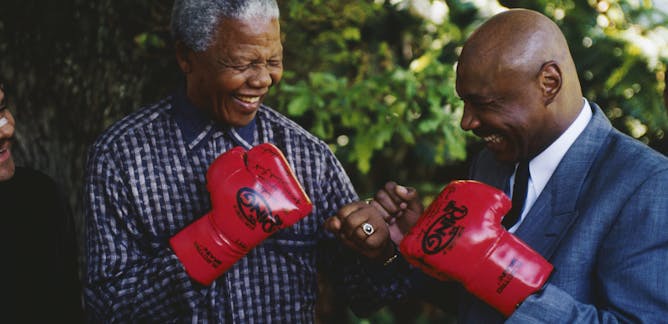
Gavin Evans, Birkbeck, University of London
Prison life is about routine: each day like the one before; each week like the one before it, so that the months and years blend into each other.
|
|
|
| |
| |
| |
| |
| |
| |
|
|
|
|
|
|
|